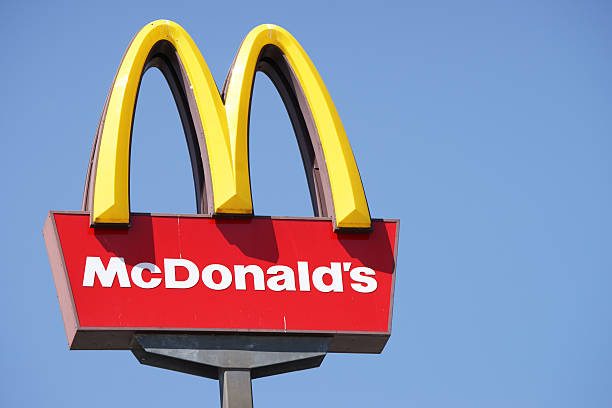Fast food’s presence in American culture has sparked debates on public health, environmental sustainability, and culinary traditions. Despite concerns, it has also made positive contributions to society.
Fast food chains offer convenience and accessibility, providing quick, affordable food options for busy individuals and families. With drive-thru services, late hours, and strategic locations, they cater to a wide range of people in a fast-paced world.
Fast food offers employment opportunities for individuals with limited skills, reducing unemployment rates and stimulating local economies. Training programs and career advancement opportunities help employees develop valuable skills and potentially advance to higher-paying positions.
Fast food has become a significant part of American culture, blending diverse tastes and demographics. It incorporates international flavors, introducing Americans to new culinary experiences and catering to evolving dietary preferences.
Fast food chains, from small-scale franchises to large corporations, play a vital role in the economy by creating jobs, generating tax revenue, and contributing to local and national growth. They support sectors like agriculture, transportation, packaging, and marketing, benefiting various industries and businesses.
American society benefits from fast food, offering convenience, employment, cultural exchange, and economic growth. However, concerns about health implications must be acknowledged. Focus should be on promoting healthier choices, improving nutritional education, and encouraging moderation to strike a balance between enjoying fast food benefits without compromising health or overall well-being.


